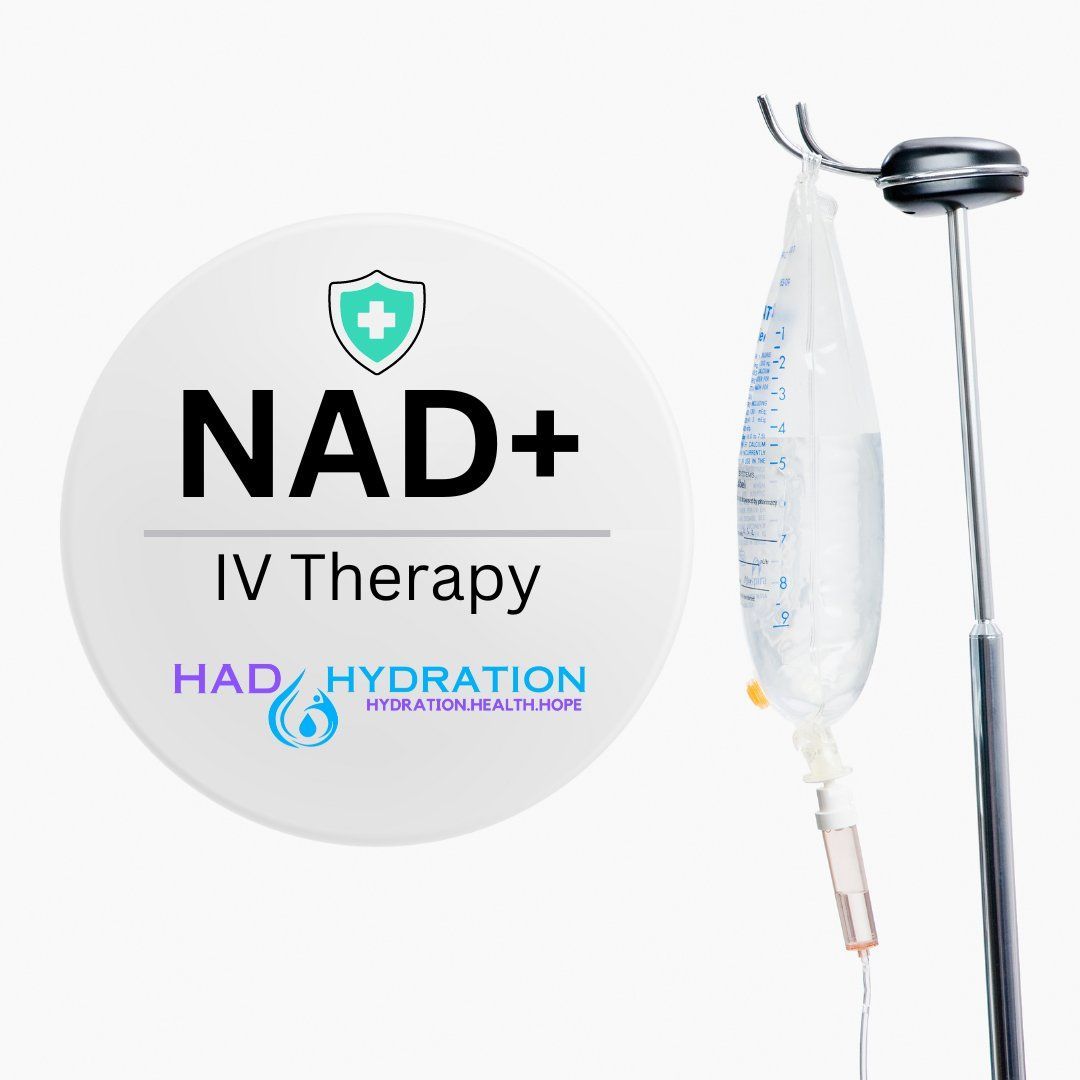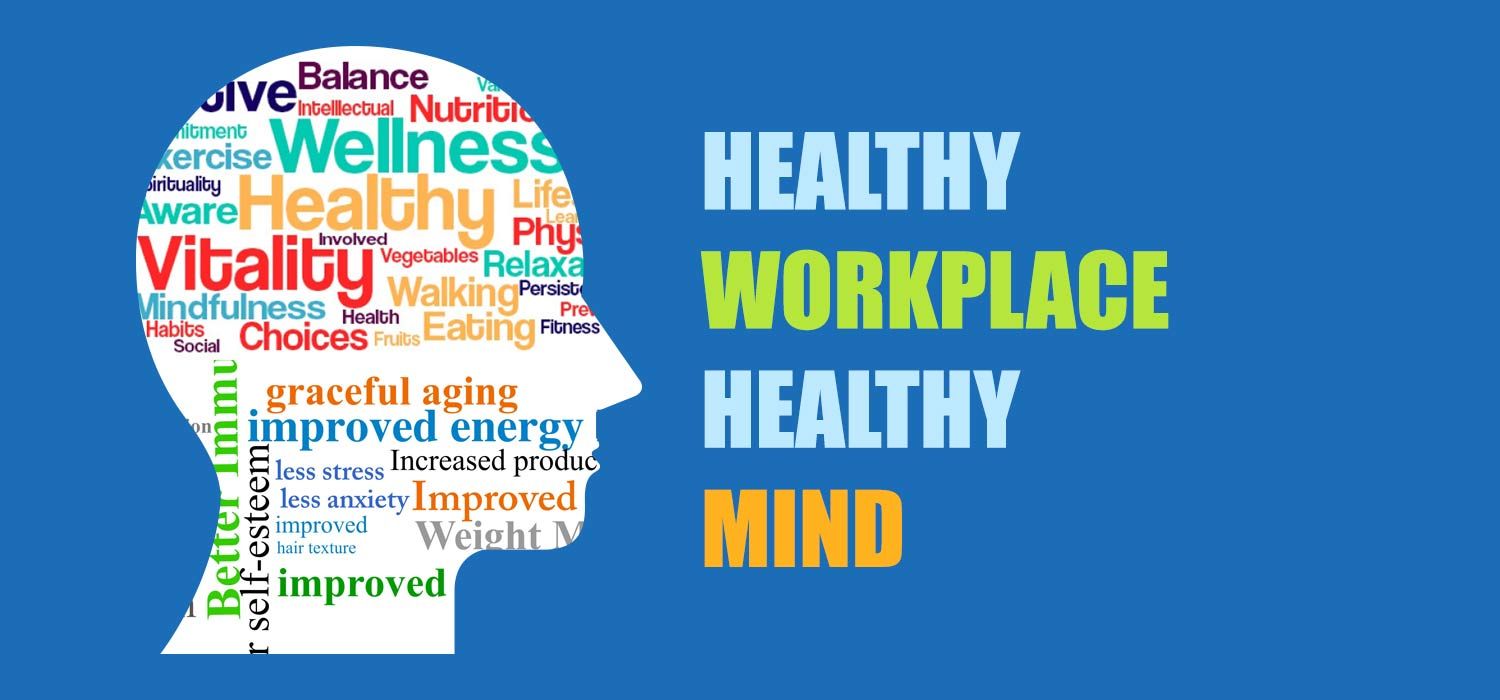June 10, 2024
Imagine waking up each day feeling like you've unlocked a new level of vitality. Your body operates as a finely-tuned machine, thanks to receiving 100% of the vitamins it needs. What would that actually feel like? Let’s dive into the remarkable changes and experiences you might notice. Energized from the Start From the moment you open your eyes, you feel truly refreshed. This isn’t just the absence of tiredness, but a vibrant wakefulness. The B vitamins—B1, B2, B3, B5, B6, B7, B9, and B12—are crucial here. They support energy production and nerve function, turning the food you eat into energy. With these at optimal levels, your mornings transform from groggy drudgery to enthusiastic beginnings. A Razor-Sharp Mind As you go about your day, your mind feels incredibly clear. Vitamins such as B12, D, and E play pivotal roles in cognitive function. B12 aids in maintaining healthy nerve cells, D regulates mood and wards off cognitive decline, and E protects neurons. The fog that sometimes clouds your thoughts dissipates, replaced by a sharp, focused mind ready to tackle complex tasks and creative challenges. Fortified from Within Your body’s defense system becomes a well-oiled fortress. Vitamin C, renowned for its immune-boosting properties, teams up with Vitamin D to enhance pathogen-fighting white blood cells. Vitamin A maintains the integrity of your skin and mucous membranes, the first line of defense against infections. You notice fewer colds, faster recovery times, and a general sense of robustness. Strength and Endurance Exercise feels different. Whether you're a casual jogger or an avid gym-goer, your stamina and strength noticeably improve. Vitamin D aids calcium absorption, strengthening your bones, while magnesium (often paired with vitamin D) supports muscle function. The B vitamins and iron optimize oxygen transport to muscles, delaying fatigue and enhancing performance. Recovery is quicker too, thanks to the antioxidant properties of vitamins C and E, which help reduce inflammation. Radiance Redefined Your skin glows with health, your hair is shinier and more resilient, and your nails are stronger. Vitamins A, C, and E, along with biotin (B7) and niacin (B3), work wonders for your complexion and keratin structures. Collagen synthesis is boosted, reducing wrinkles and improving skin elasticity. The result is not just a youthful appearance but a radiant, healthy glow. Smooth and Efficient Digestive issues like bloating, irregular bowel movements, and discomfort become rare. Vitamins such as B1, B3, and B6 are essential for a healthy digestive system, aiding enzyme production and nutrient absorption. A well-functioning digestive tract means better nutrient uptake and less discomfort, translating to a lighter, more energized feeling throughout the day. Balanced and Uplifted Mental and emotional health receive a significant boost. Vitamin D’s role in serotonin production helps regulate mood and fend off depression. The B vitamins and omega-3 fatty acids work in harmony to support neurotransmitter function, reducing anxiety and enhancing overall emotional stability. The result is a balanced mood, less stress, and a greater sense of well-being. Deep and Restorative At the end of the day, your sleep is profoundly restful. Vitamins like B6 and magnesium help regulate sleep hormones like melatonin. Adequate vitamin intake supports a proper sleep-wake cycle, allowing you to fall asleep easily and enjoy deeper, more restorative sleep. You wake up each morning feeling genuinely rested and ready to take on the day. The Full-Spectrum Benefit Receiving 100% of the vitamins your body needs isn’t just about avoiding deficiency; it’s about unlocking your full potential. Every aspect of your health—from energy and cognition to immunity and emotional balance—benefits immensely. While it’s challenging to achieve this perfect balance through diet alone, understanding the profound effects of adequate vitamin intake can inspire better dietary choices and, if needed, thoughtful supplementation. Your body, mind, and spirit will thank you, each and every day.















